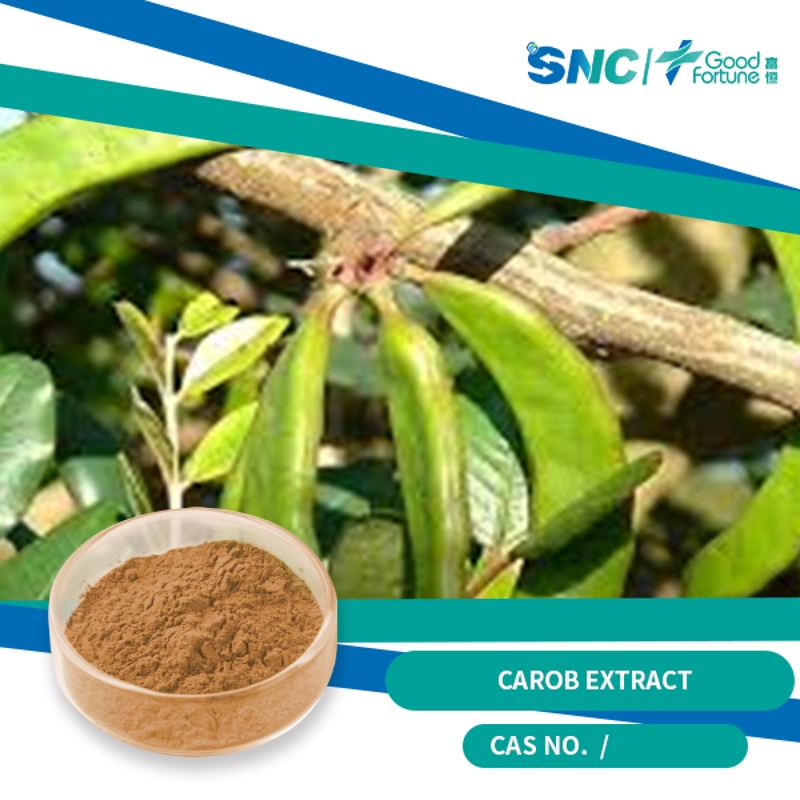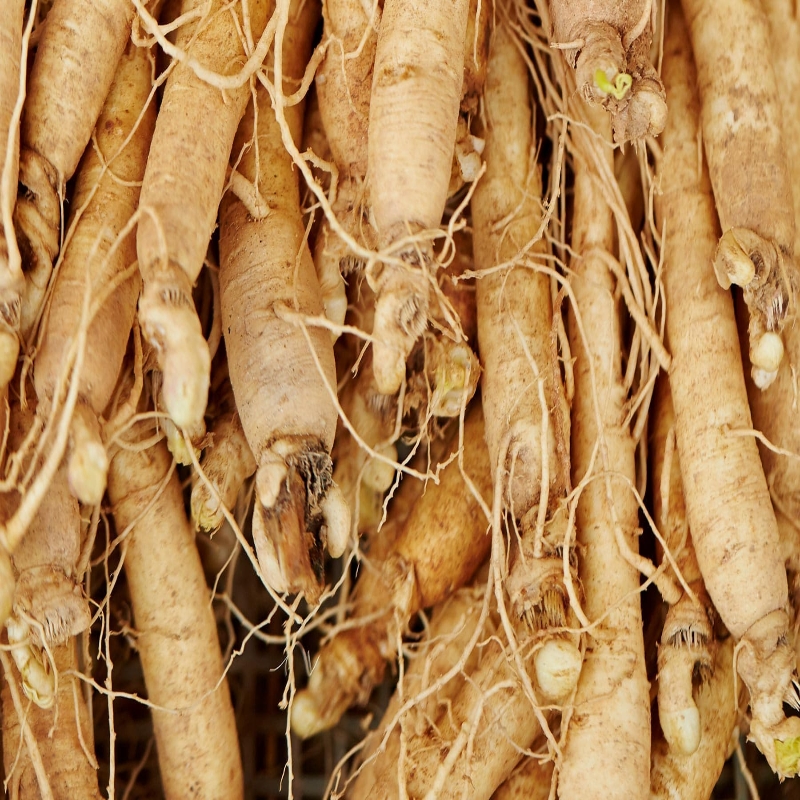Chinese scientists extracted the mutant of AI protease from corn
-
Last Update: 2010-11-29
-
Source: Internet
-
Author: User
Search more information of high quality chemicals, good prices and reliable suppliers, visit
www.echemi.com
After many years of scientific and technological research, recently, Shao pengzhu, a professor of the Chinese University of Hong Kong, and Zheng Yongtang, a researcher of Kunming Institute of zoology, Chinese Academy of Sciences, worked together to obtain a protease mutant that can selectively kill HIV infected cells from corn The research results provide new ideas and strategies for the development of new anti HIV drugs that specifically target HIV infected cells It is reported that there is a hidden mechanism of HIV that can lurk in cells for a long time and escape from the attack of host immune system At present, the anti HIV drugs on the market can not selectively kill the infected cells and eradicate the virus Zheng Yongtang believes that new research ideas are very important for the development of new anti HIV drugs It is a promising direction to study anti HIV drugs that selectively kill HIV infected cells and protect normal cells from harm Ribosome inactivating proteins (RIPs) have RNA N-glycosidase activity, which can inhibit the binding of elongation factor EF-1 or EF-2 to ribosome and inhibit protein biosynthesis Therefore, rips are highly cytotoxic and are often developed as immunotoxins, antiviral or antitumor drugs Rip is divided into three categories: type I, type II and type III Among them, type III rip, represented by maize rip, first synthesized inactive precursor protein containing a 25 amino acid internal inactivation domain, which was removed before becoming active ribosome inactivation protein With the support of Hong Kong research funding Bureau, the "973" project of the Ministry of science and technology, national major science and technology projects, Chinese Academy of Sciences and other projects, Shao pengzhu and Zheng Yongtang carried out a series of structural modifications and modifications on the internal inactivation domain of maize rip, and obtained Maize rip mutants that specifically identified and activated HIV-1 protease Cell level experiments show that the mutant has low toxicity to uninfected cells, but after entering HIV-1 infected cells, the mutant can be recognized by the HIV-1 protease in the cells, cut and remove the inactivated domain to transform into active protein, so as to selectively kill HIV-1 infected cells At the same time, by increasing the efficiency of mutants into the cells, the killing power of HIV-1 infected cells is stronger The mutants can also be recognized and activated by the protease of HIV-1 protease resistant strains, so the mutants have a good selective killing effect on HIV-1 protease resistant strains The research results have been published in the international academic journal nuclear acids research.
This article is an English version of an article which is originally in the Chinese language on echemi.com and is provided for information purposes only.
This website makes no representation or warranty of any kind, either expressed or implied, as to the accuracy, completeness ownership or reliability of
the article or any translations thereof. If you have any concerns or complaints relating to the article, please send an email, providing a detailed
description of the concern or complaint, to
service@echemi.com. A staff member will contact you within 5 working days. Once verified, infringing content
will be removed immediately.







